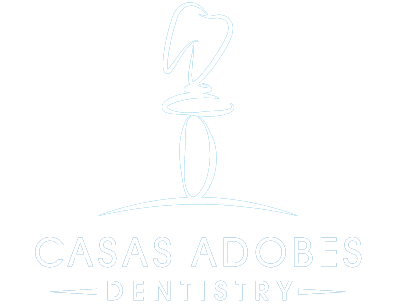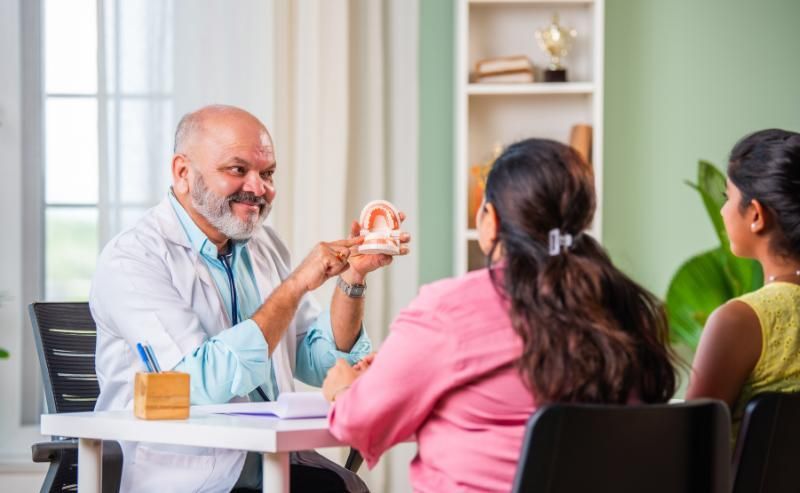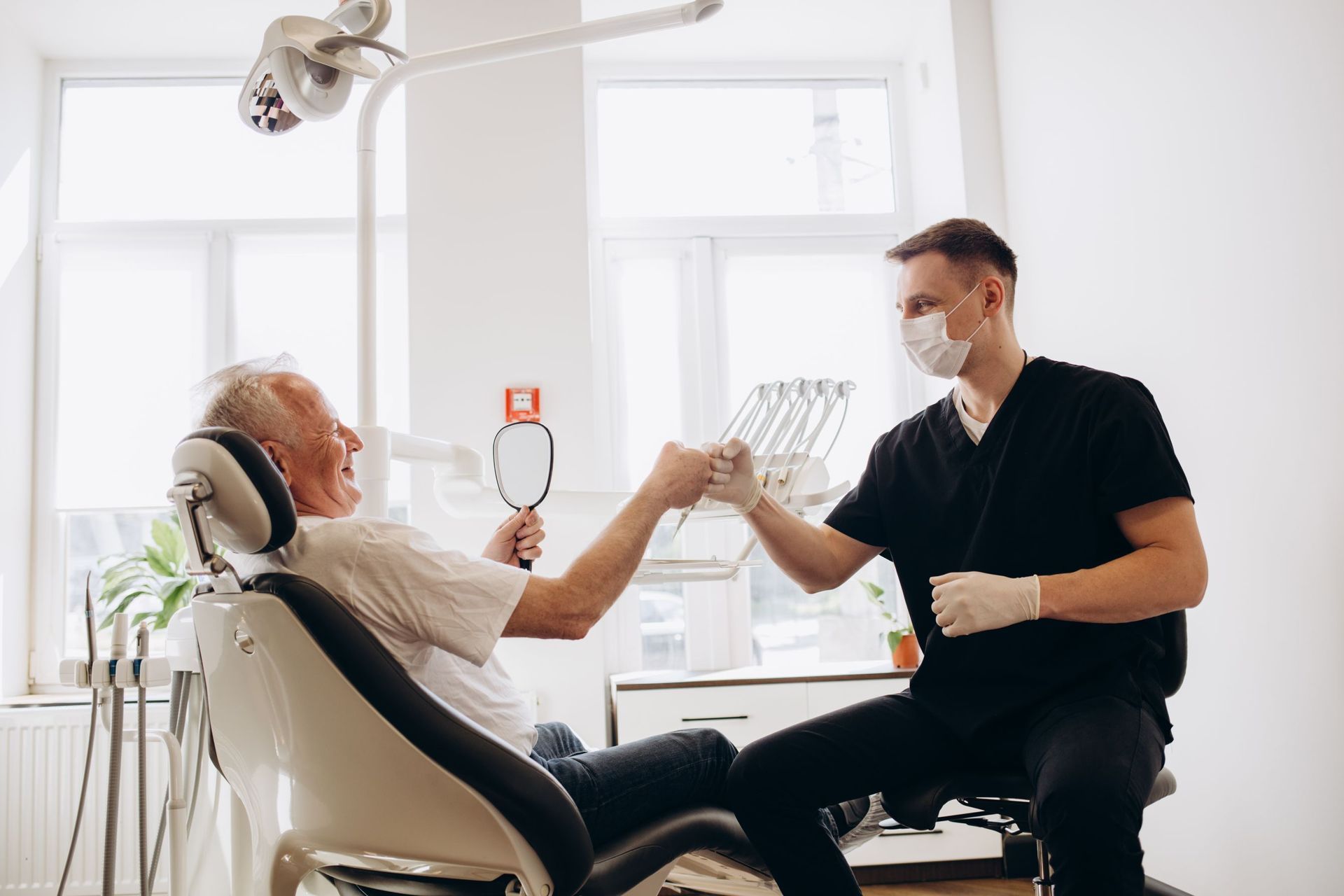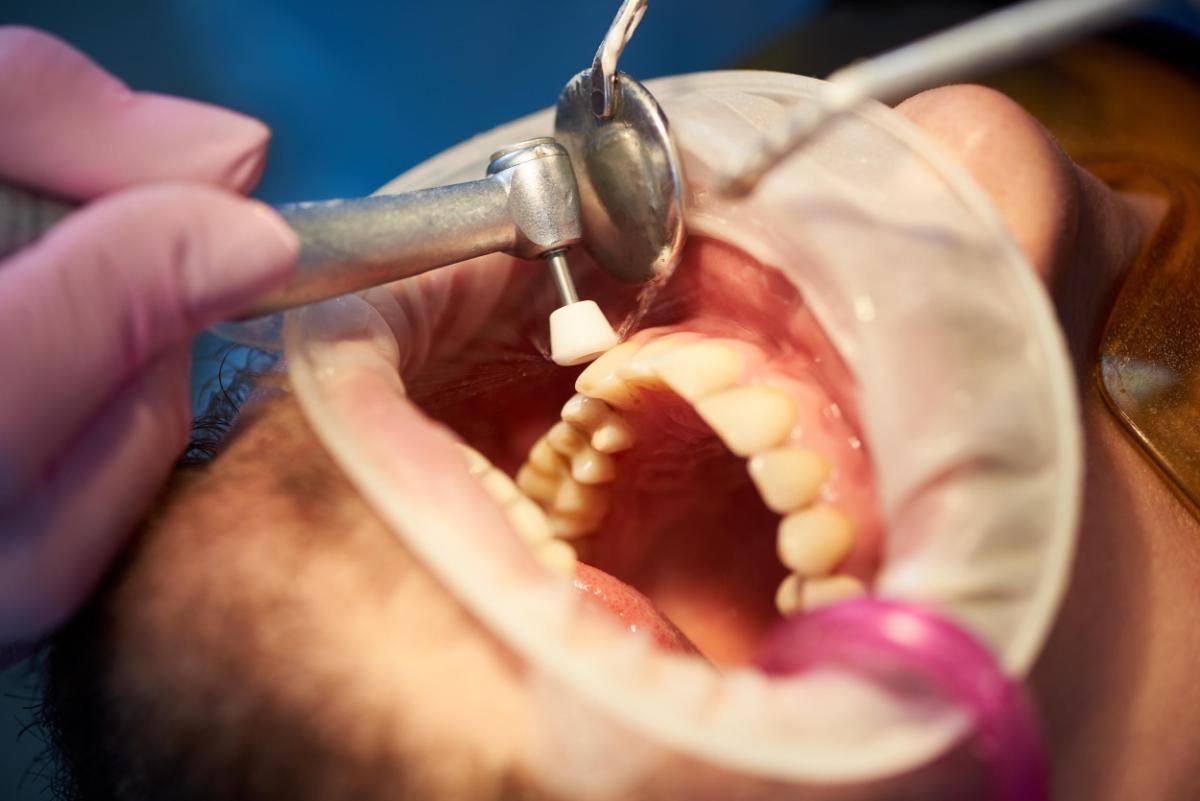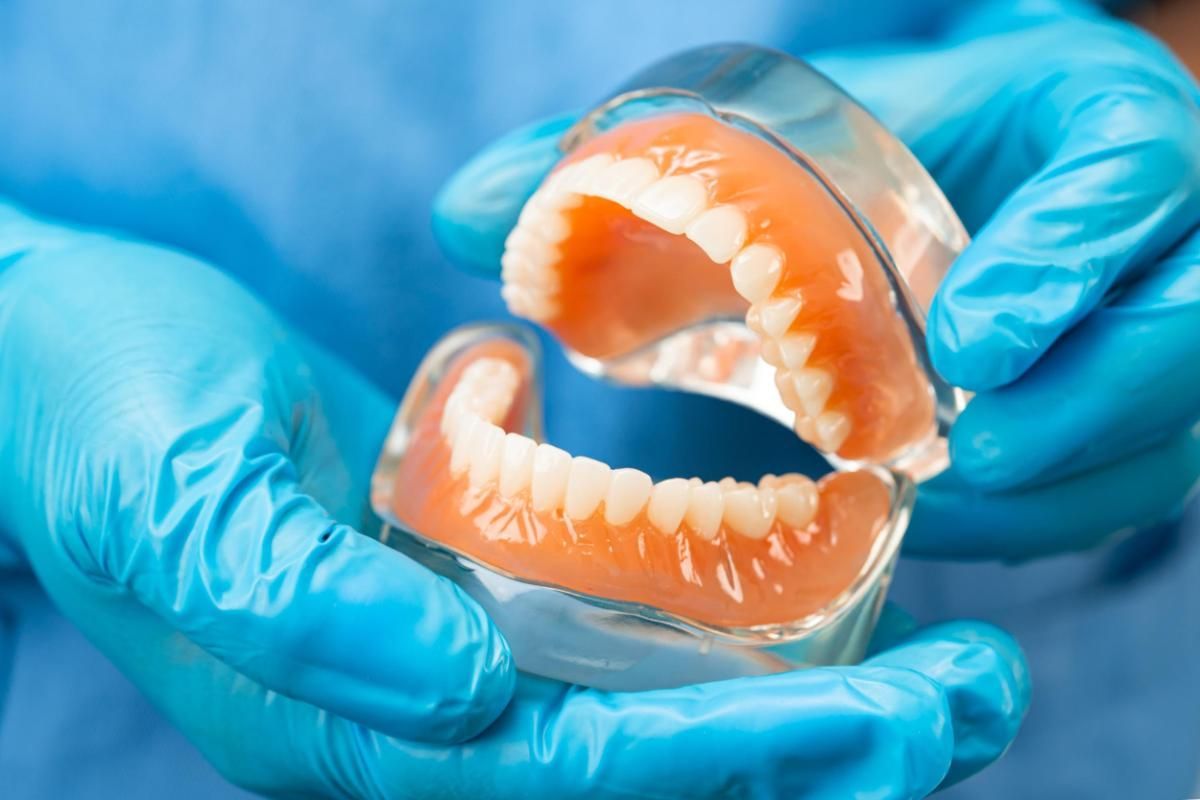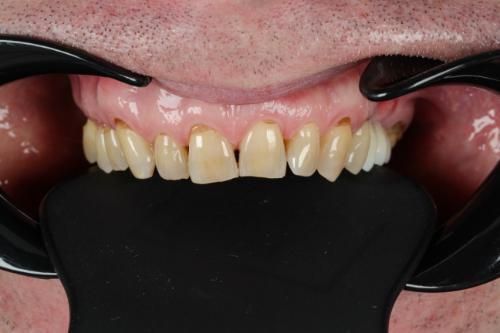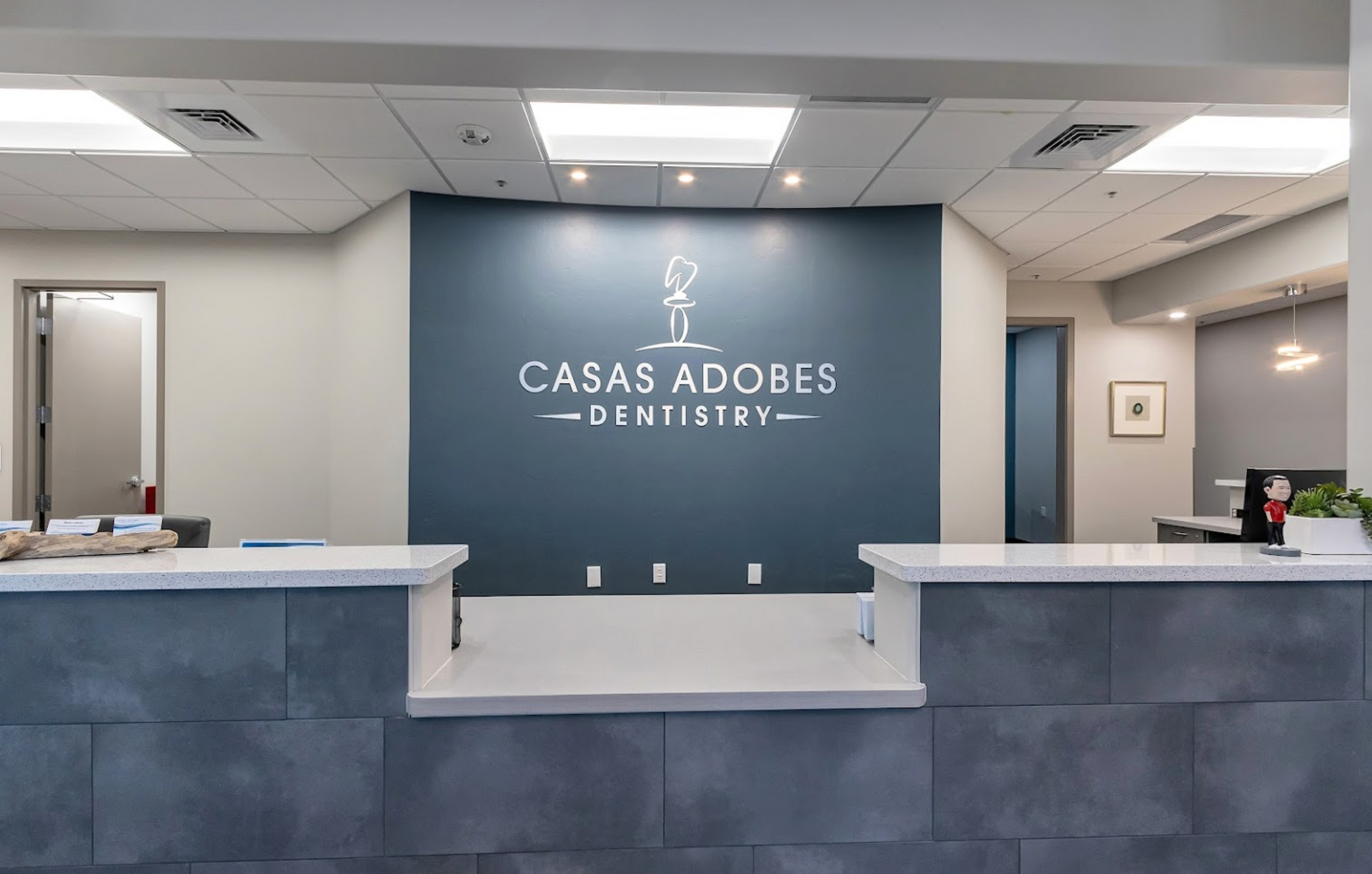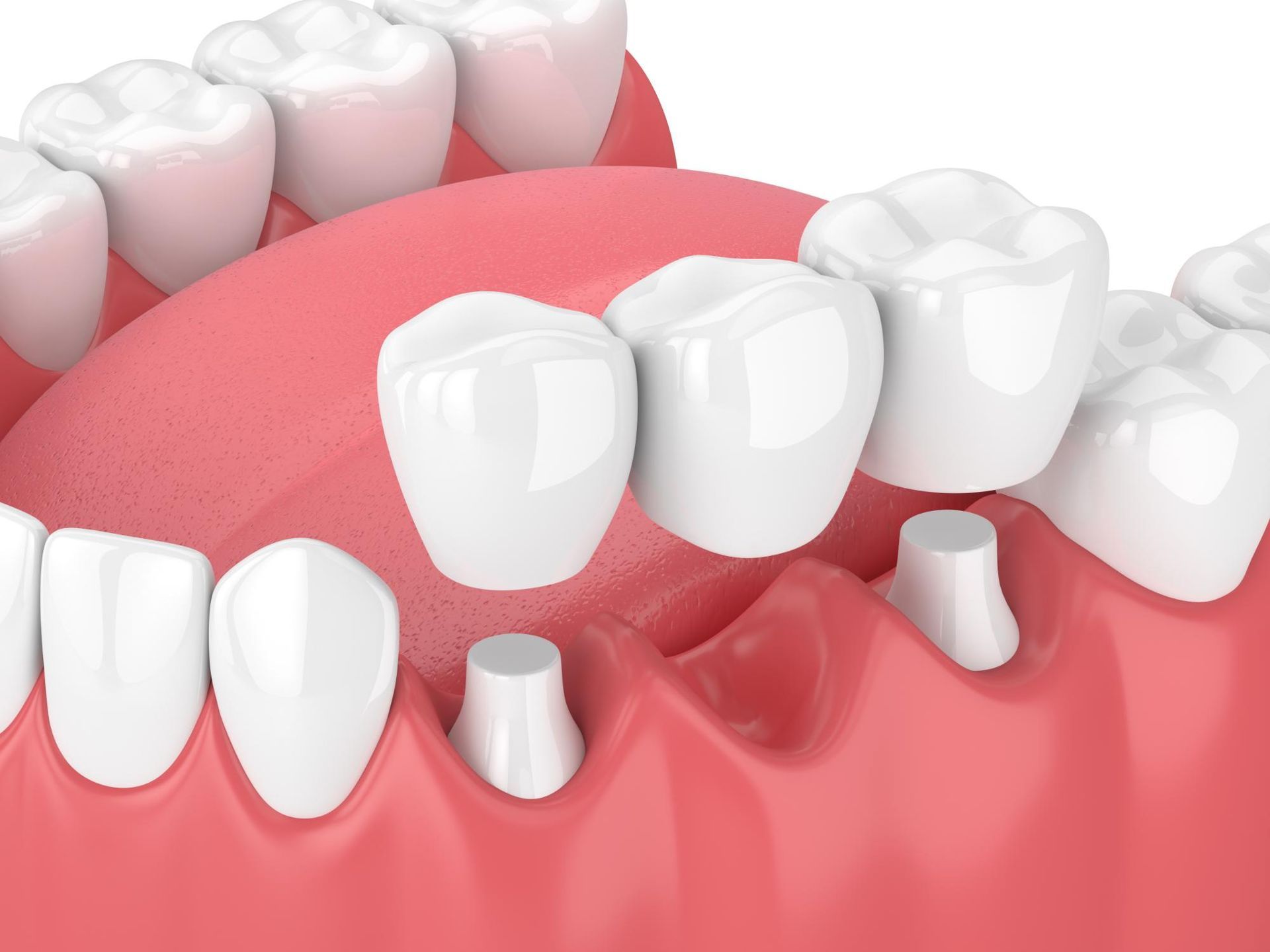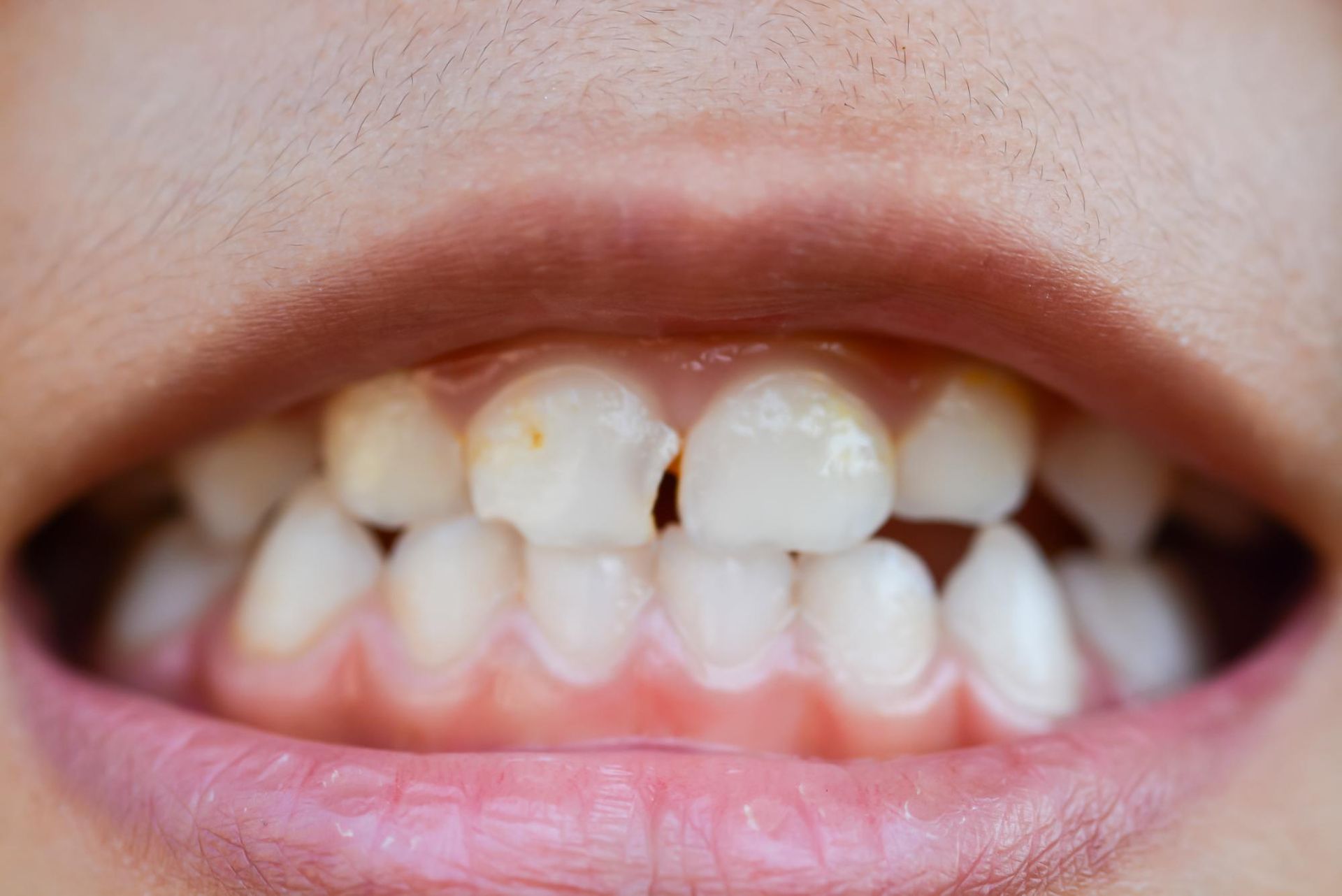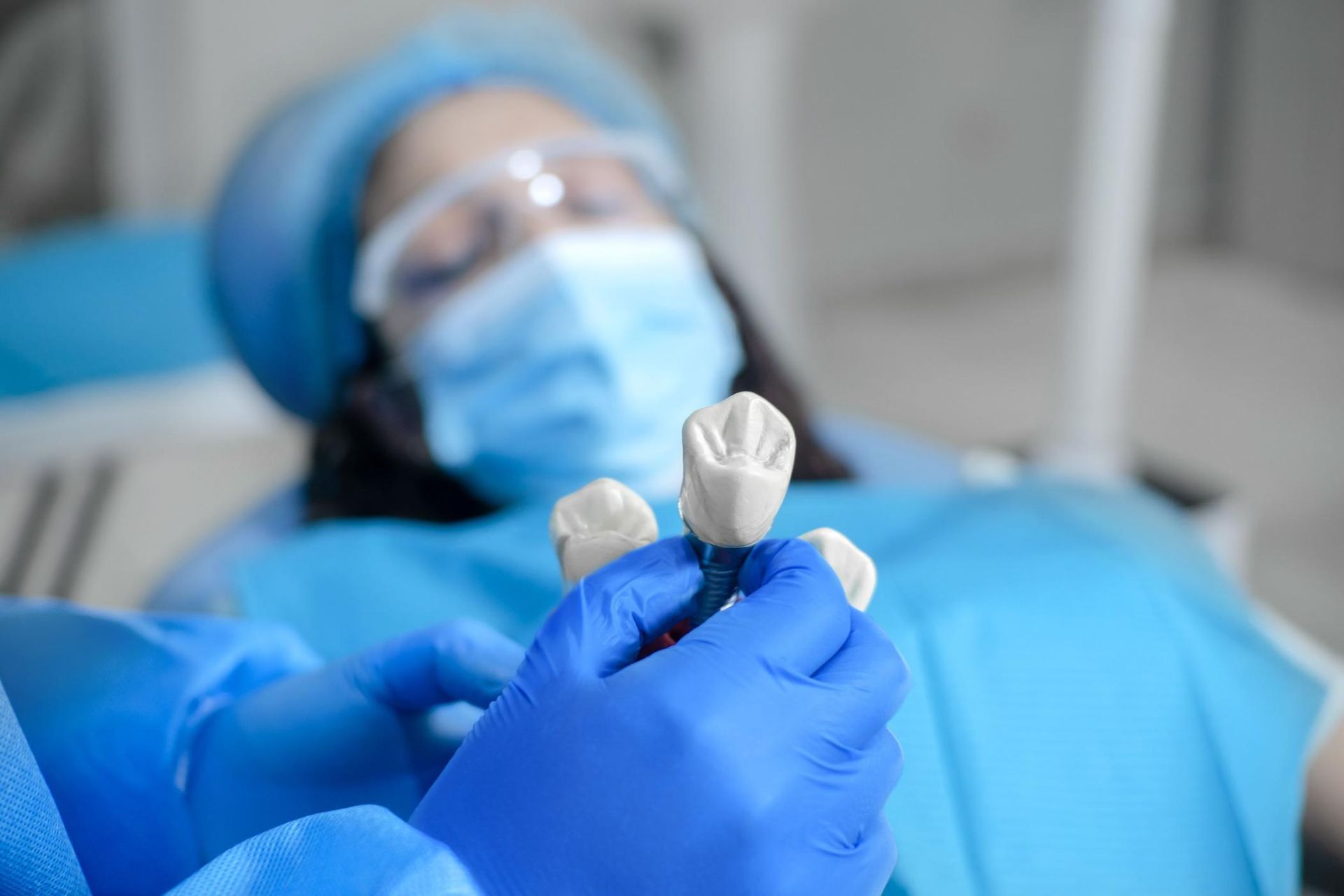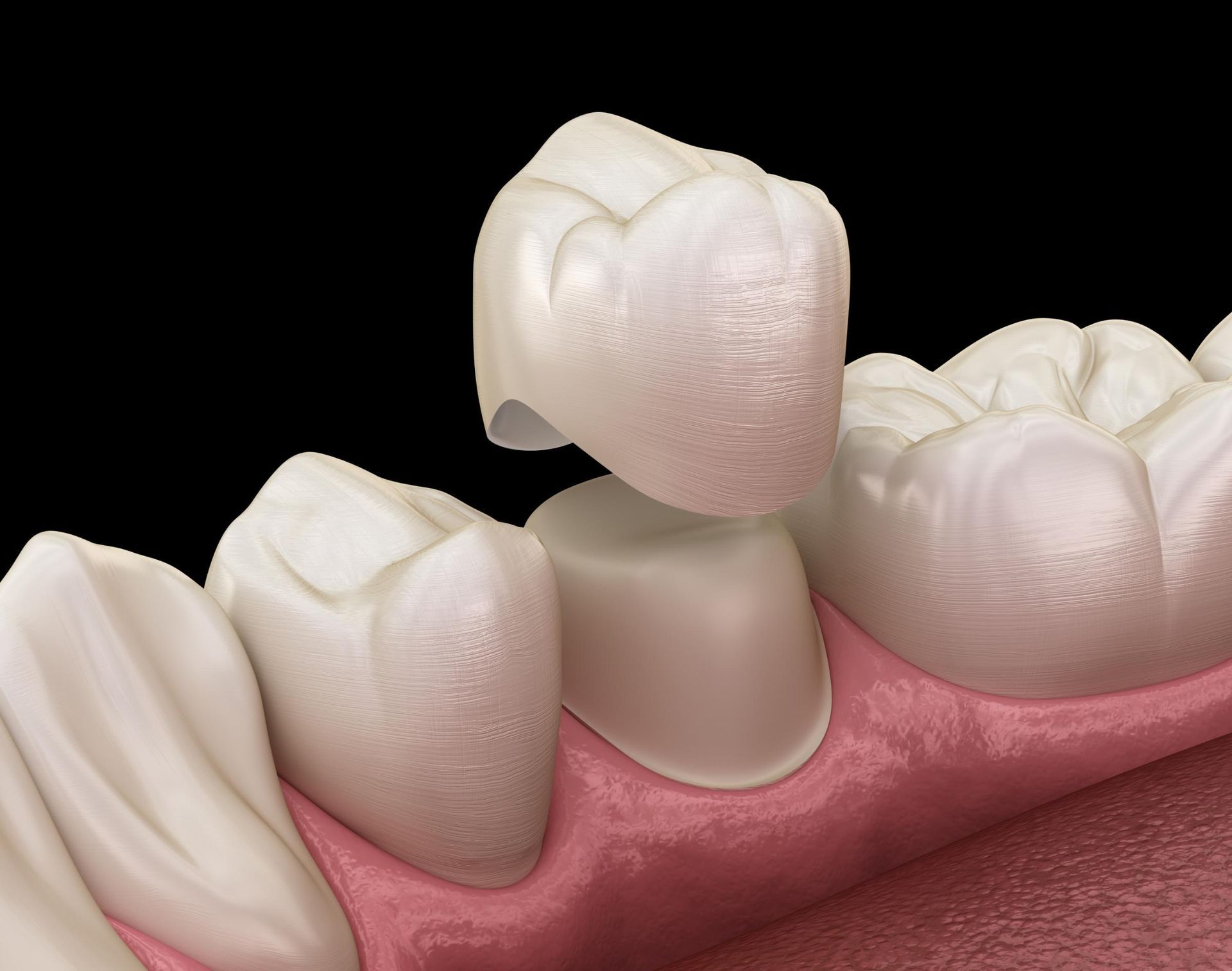Visiting a Laser Dentist For Laser Assisted Root Canal Treatment

With more and more laser dentists opening their own practices, there’s been some controversy over whether these types of dentists can perform procedures that other dentists can’t do, such as root canals. To provide a definitive answer to this question, we’ve provided some information for you below.
Benefits of Laser-Assisted Root Canal Treatment
Laser-assisted root canal treatment offers several advantages over traditional methods. Lasers can precisely target and remove infected tissue, reducing the risk of damaging surrounding healthy tissue. This precision leads to less postoperative pain and faster healing times for patients. Additionally, lasers can effectively sterilize the root canal, reducing the likelihood of reinfection.
Laser activated irrigation (LAI) further enhances the disinfection process by utilizing Erbium lasers to create cavitation effects and acoustic streaming in irrigation fluids. This can effectively remove debris and smear layers from root canals, potentially improving clinical outcomes when compared to conventional irrigation methods.
What is a Root Canal?
A root canal is a dental procedure designed to remove infected or damaged tissue from within a tooth. The tooth’s pulp, which houses nerves, blood vessels, and connective tissue, resides in the root canal system. When this pulp becomes infected or damaged, it can lead to significant pain, swelling, and even abscess formation. Undergoing a root canal is essential to alleviate discomfort and prevent further complications, ensuring the tooth remains functional and pain-free.
Benefits of Laser-Assisted Root Canal Treatment
Laser-assisted root canal treatment offers several advantages over traditional root canal procedures. One of the primary benefits is the increased accuracy and precision in removing infected tissue, which helps in preserving more of the healthy tooth structure. This minimally invasive procedure also results in less damage to surrounding tissues, leading to reduced bleeding and discomfort both during and after the treatment.
Additionally, laser-assisted root canals often require less time to complete, potentially reducing the need for multiple appointments. The laser energy used in the procedure enhances the disinfection of the root canal, significantly lowering the risk of reinfection. Overall, these benefits make laser-assisted root canal treatment a compelling option for those seeking efficient and effective dental care.
How does it work?
Dentists use lasers to perform two main types of dental procedures: cosmetic dentistry and periodontal work. The most common cosmetic procedure performed by dentists are teeth whitening, though it’s possible for them to do veneers, tooth implants, gum grafts, and root canals as well.
Other less common dental procedures that can be performed by laser dentists include enamel etching, gum recontouring, and endodontic treatment. The latter is also known as the root canal, which involves removing all the diseased pulp from inside your tooth. This can be accomplished using traditional hand tools or via lasers, which facilitate the removal of dental pulp and the modification of dentinal walls during the root canal preparation process.

Why do they do it that way?
The techniques dentists use to perform root canals are standardized by medical professionals. The tools used are also controlled by precise guidelines. There’s a good reason for these practices if you want to have confidence in your dentist’s work, it makes sense to stick with what other professionals are doing!
If you’re visiting a dentist who does root canals using laser equipment, it may be tempting to ask why. After all, if your procedure can be done using lasers, why not do it that way every time? The reason for sticking with traditional tools is based on science. Laser technology can enhance root canal disinfection by improving the removal of bacteria and debris, thus enhancing the overall disinfection process.
Are Lasers Safe for Dental Procedures?
Absolutely, lasers are safe for dental procedures when operated by trained professionals. Dental lasers are specifically designed to target precise tissues and come equipped with safety features to prevent accidental exposure. The risk of injury is minimal when these lasers are used by a qualified dentist. With over two decades of extensive use in dentistry, numerous studies have confirmed the safety and effectiveness of laser technology in various dental treatments, including root canals.
Traditional Root Canal Treatment vs. Laser-Assisted Root Canal Treatment
Traditional root canal treatment involves using drills and files to meticulously remove infected tissue from the root canal. While effective, this method can be time-consuming and may cause some discomfort during and after the procedure. In contrast, laser-assisted root canal treatment employs laser energy to remove infected tissue, making the process faster and more precise. The laser also enhances the disinfection of the root canal, reducing the likelihood of reinfection. This comparison highlights the efficiency and improved patient experience associated with laser-assisted root canal procedures.
What is involved in a root canal procedure?
A root canal is one of dentistry’s most common procedures. In fact, there are more than 15 million performed each year in America alone. This number is growing by nearly 10% each year because of aging baby boomers and growing public awareness of tooth damage that can lead to bigger problems down the road. A root canal procedure involves accessing nerves within your tooth with a tiny drill before cleaning out dead cells and bacteria from inside your tooth. Laser treatment can improve the cleaning and disinfecting of root canals, reducing bleeding and postoperative discomfort.
A root canal procedure is usually performed in one sitting and typically only takes an hour or two to complete. You may need to visit your dentist or endodontist on more than one occasion, however, depending on how extensive your work needs to be. After your treatment, you can get back to enjoying pain-free eating and chewing, so long as you care for your new crown correctly.
Aftercare and Recovery
Following a laser-assisted root canal treatment, patients might experience mild discomfort, which can typically be managed with over-the-counter pain medications. Adhering to the dentist’s aftercare instructions is crucial for a smooth recovery. These instructions may include avoiding chewing or biting on the treated tooth until it is fully restored, maintaining good oral hygiene by brushing and flossing regularly, and steering clear of hot or cold foods and drinks for a few days. Scheduling a follow-up appointment is also essential to ensure the tooth is healing properly. By following these guidelines, patients can enjoy a successful recovery from their laser-assisted root canal treatment.
How much does laser dentistry cost?
Like most laser dentistry, root canal therapy is more expensive than conventional methods; according to an estimate from Delta Dental of California, lasers used for endodontics will cost you an additional $200 out-of-pocket on average. That said, if your insurance covers it (many do), then there may be no extra cost to you at all. It’s worth investigating with your insurance provider to see what they cover and what you might expect as far as reimbursement goes.
In some cases, root canal therapy is considered cosmetic dentistry and therefore not covered by insurance. To avoid high out-of-pocket costs, it’s critical to talk with your dentist about whether your tooth can be saved using traditional methods before deciding on laser endodontics.
Request an appointment here: https://www.casasadobesdentistry.com or call Casas Adobes Dentistry at (520) 492-1602 for an appointment in our Tucson office.
